
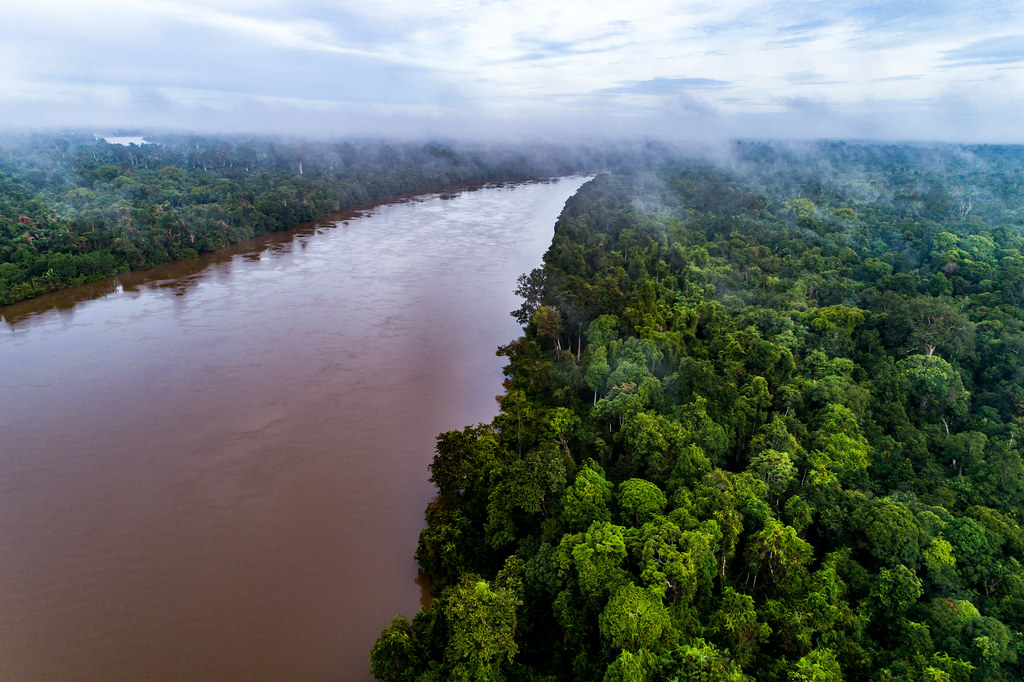
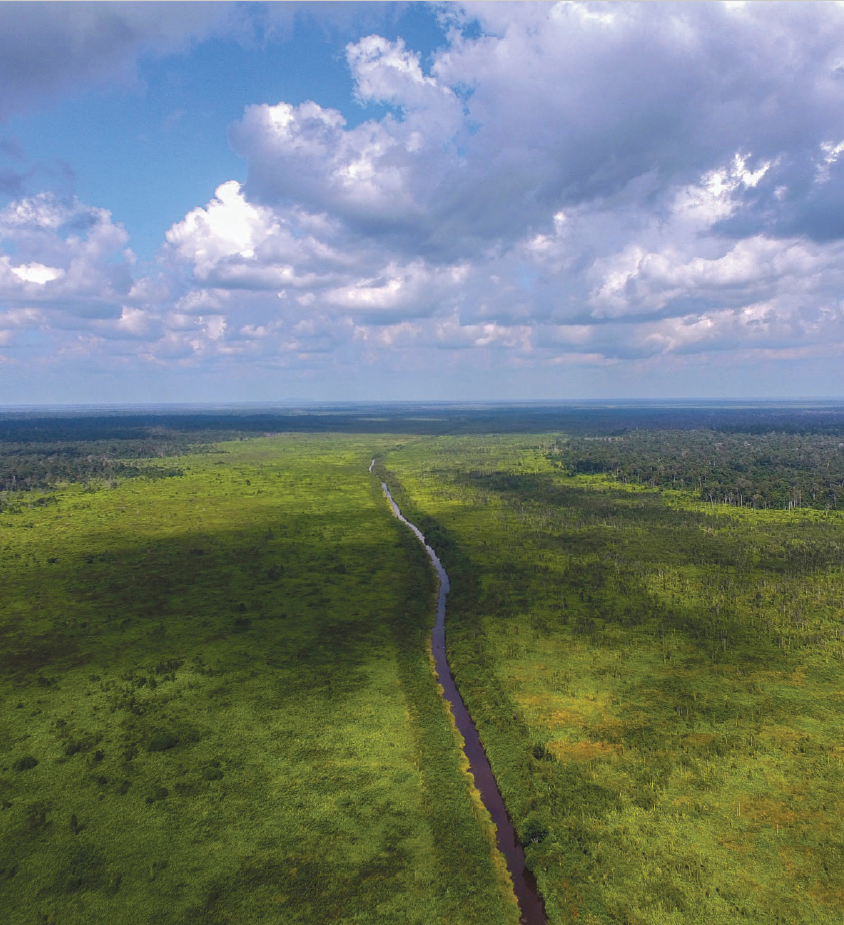
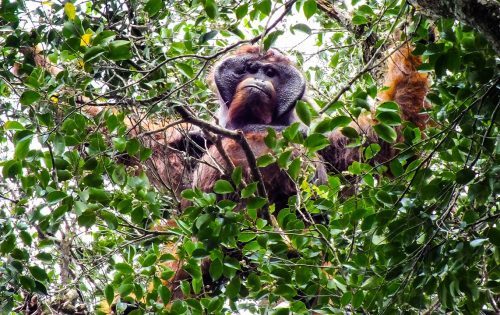
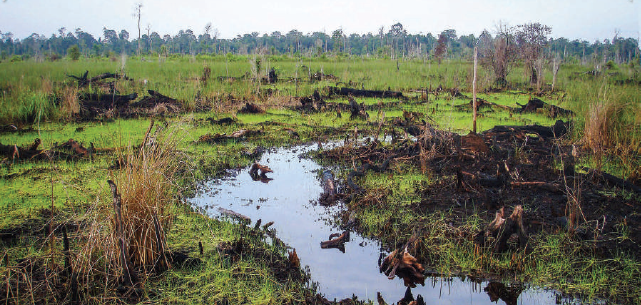
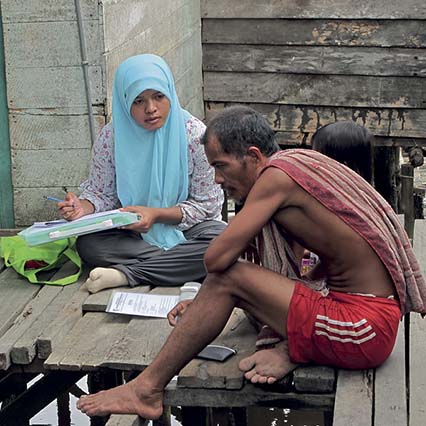






Katingan REDD+ Forest Protection
Protecting and restoring 149,800 ha of peatland in Central Kalimantan
The Katingan Peatland Restoration and Conservation Project aims to protect and restore 149,800 hectares of peatland ecosystems, offering local people sustainable sources of income while tackling global climate change. The project area stores vast amounts of CO2 and plays a role in stabilizing water flows, preventing peat fires, enriching soil nutrients, and providing clean water. Rich in biodiversity, it is home to large populations of many high conservation-value species, including some of the world’s most endangered, such as the Bornean orangutan (Pongo pygmaeus) and the proboscis monkey (Nasalis larvatus). It is surrounded by villages whose traditional livelihoods include farming, fishing, and non-timber forest product harvesting.
The project area lies entirely within state-designated production forest which, without the project, would be converted to fast-growing industrial pulpwood plantations. The project prevents this by securing full legal control of the area through an Ecosystem Restoration Concession license, thereby blocking plantation company applications.
The project has also achieved certification under the Climate, Community & Biodiversity (CCB) Standards. The forest habitat supports two critically endangered, 11 endangered, and 31 vulnerable species. Preliminary estimates indicate populations of nearly 4,000 orangutans and 10,000 Bornean gibbons, as well as more than 500 proboscis monkeys. These populations represent over 5% of the remaining global totals for these species. Overall, the project area’s biodiversity includes 157 bird, 67 mammal, 41 reptile, eight amphibian, 111 fish, and 314 plant (flora) species.
Technology
Ratings
Project details









Project certifications
Certifier
Verified Carbon Standard
Registry ID
VCS1477
Developer
PT. Rimba Makmur Utama (PT. RMU)
Project registration date
Crediting period term
Latest project methodology
VM0007 REDD+ Methodology Framework (REDD-MF) | Version 1.5
Current verifier of project outcomes
Aster Global Environmental Solutions, Inc.